Today’s poem is a particularly novel example of an ancient writerly tradition: writing about how hard it is to write. Happy reading.
On February 9, 1874, Amy Lowell was born at Sevenels, a ten-acre family estate in Brookline, Massachusetts. Her family was Episcopalian, of old New England stock, and at the top of Boston society. Lowell was the youngest of five children. Her elder brother Abbott Lawrence, a freshman at Harvard at the time of her birth, went on to become president of Harvard College. As a young girl she was first tutored at home, then attended private schools in Boston, during which time she made several trips to Europe with her family. At seventeen, she secluded herself in the 7,000-book library at Sevenels to study literature. Lowell was encouraged to write from an early age.
In 1887 Lowell, with her mother and sister, wrote Dream Drops or Stories From Fairy Land by a Dreamer, printed privately by the Boston firm Cupples and Hurd. Her poem “Fixed Idea” was published in 1910 by the Atlantic Monthly, after which Lowell published individual poems in various journals. In October of 1912, Houghton Mifflin published her first collection, A Dome of Many-Coloured Glass.
Lowell, a vivacious and outspoken businesswoman, tended to excite controversy. She was deeply interested in and influenced by the Imagist movement, led by Ezra Pound. The primary Imagists were Pound, Richard Aldington, H.D. (Hilda Doolittle), and Ford Madox Ford. This Anglo-American movement believed, in Lowell’s words, that “concentration is of the very essence of poetry” and strove to “produce poetry that is hard and clear, never blurred nor indefinite.” Lowell campaigned for the success of Imagist poetry in America and embraced its principles in her own work. She acted as a publicity agent for the movement, editing and contributing to an anthology of Imagist poets in 1915.
Lowell’s enthusiastic involvement and influence contributed to Pound’s separation from the movement. As Lowell continued to explore the Imagist style she pioneered the use of “polyphonic prose” in English, mixing formal verse and free forms. Later she was drawn to and influenced by Chinese and Japanese poetry. This interest led her to collaborate with translator Florence Ayscough on Fir-Flower Tablets in 1921. Lowell had a lifelong love for the poet John Keats, whose letters she collected and whose influence can be seen in her poems. She believed him to be the forbearer of Imagism. Her biography of Keats was published in 1925, the same year she won the Pulitzer Prize for her collection What’s O’Clock (Houghton Mifflin Company, 1925).
A dedicated poet, publicity agent, collector, critic, and lecturer, Amy Lowell died on May 12, 1925, at Sevenels.
-bio via Academy of American Poets


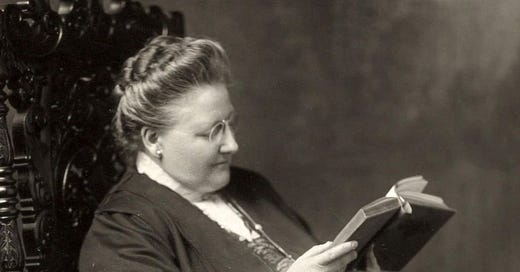




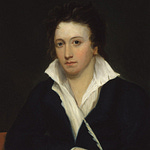


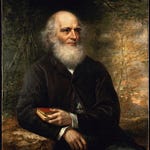
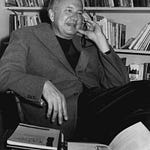
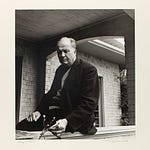

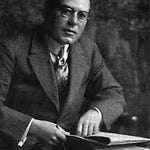
Share this post